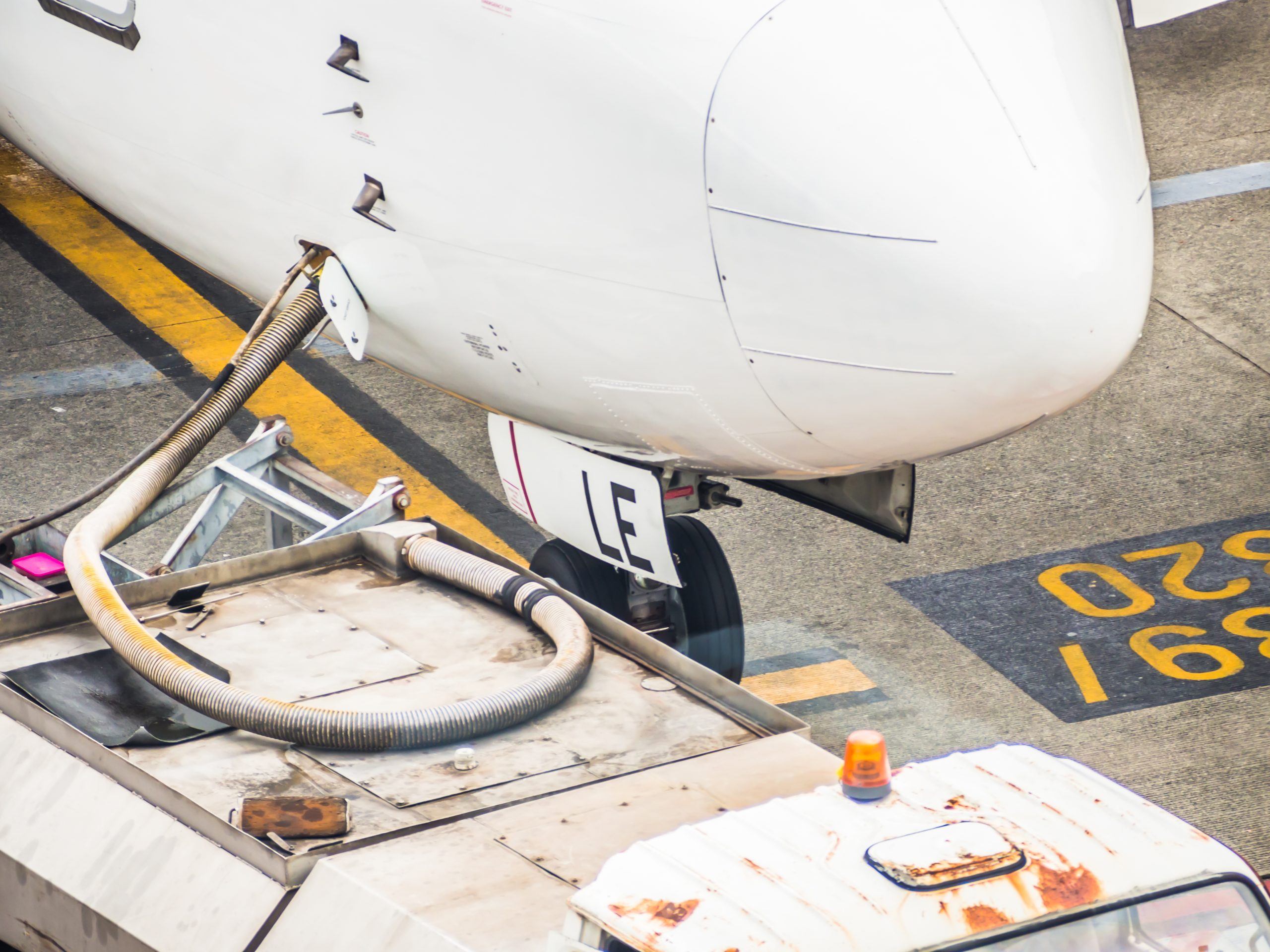
Growing support for taxing the climate impact of flying
Momentum is growing to end the decades-long tax tax break for international flights. Earlier this month the Netherlands pitched an EU aviation tax to the EU’s finance ministers. And new polling indicates people prefer a frequent flyer levy over other options to tackle climate change – including doing nothing.
Interested in this kind of news?
Receive them directly in your inbox. Delivered once a week.
Currently, international flights in Europe are not subject to VAT and airlines pay no tax on their kerosene. But the Dutch government has now issued a position paper to lay the groundwork for levies on the aviation industry to address its climate impact. Aviation emissions have doubled since 1990 and flying now accounts for 5% of global warming. Campaigners say taxes would incentivise airlines and manufacturers to reduce the sector’s environmental impact, shifting environmental costs to users while still raising money to allow tax cuts for citizens or improve public services.
The Netherland proposes an EU tax on individual airline tickets, similar to an approach it is planning in the Netherlands. It is also open to other forms of carbon pricing such as taxes on jet fuel or taxing airlines per flight. The UK, Sweden, France, Germany and Italy already have a taxes on airline tickets.
Recently 36% of adults polled in the UK said they would back a tax on frequent flyers to help tackle environmental damage caused by air travel. 56% also agreed that a frequent flyer levy would be fair, while only 26% felt it would be unfair.
T&E’s aviation director, Bill Hemmings, said: ‘There is fresh talk of how taxation can help curb climate change, but continuing to give the most carbon intensive of transport modes a free ride is unfair to other taxpayers and to the very many who don’t fly. But most of all, it’s plane stupid.’
While some have questioned the legality of airline taxation, a new legal analysis says EU countries can tax kerosene on flights between them. This could either be done at EU level through a series of bilateral agreements or by agreement between individual countries, the independent legal analysis for T&E finds. The old argument that foreign carriers’ operating within the EU – in reality just a small number of flights – can’t be taxed can be overcome by introducing a de minimis threshold below which fuel burn would not be taxed.
Despite the aviation industry’s attempts to hide behind the 1944 Chicago Convention, that agreement is not the problem preventing fuel taxation, say legal experts. In fact it is old bilateral ‘air service agreements’ that European governments signed up to years ago that include mutual fuel tax exemptions for non-EU airlines.
EU countries should set a de minimis threshold for all carriers when establishing a kerosene tax so as not to be in conflict with the exemptions, the report finds, and efforts should be accelerated to remove the remaining exemptions. So far almost 30 agreements have been successfully renegotiated.
Bill Hemmings concluded: ‘The aviation industry has been treated with kid gloves for decades when it comes to fuel taxation. The US, Japan, Brazil, India, Norway and Switzerland all tax domestic aviation fuel. Why should the EU’s own jurisdiction be treated any differently?’
